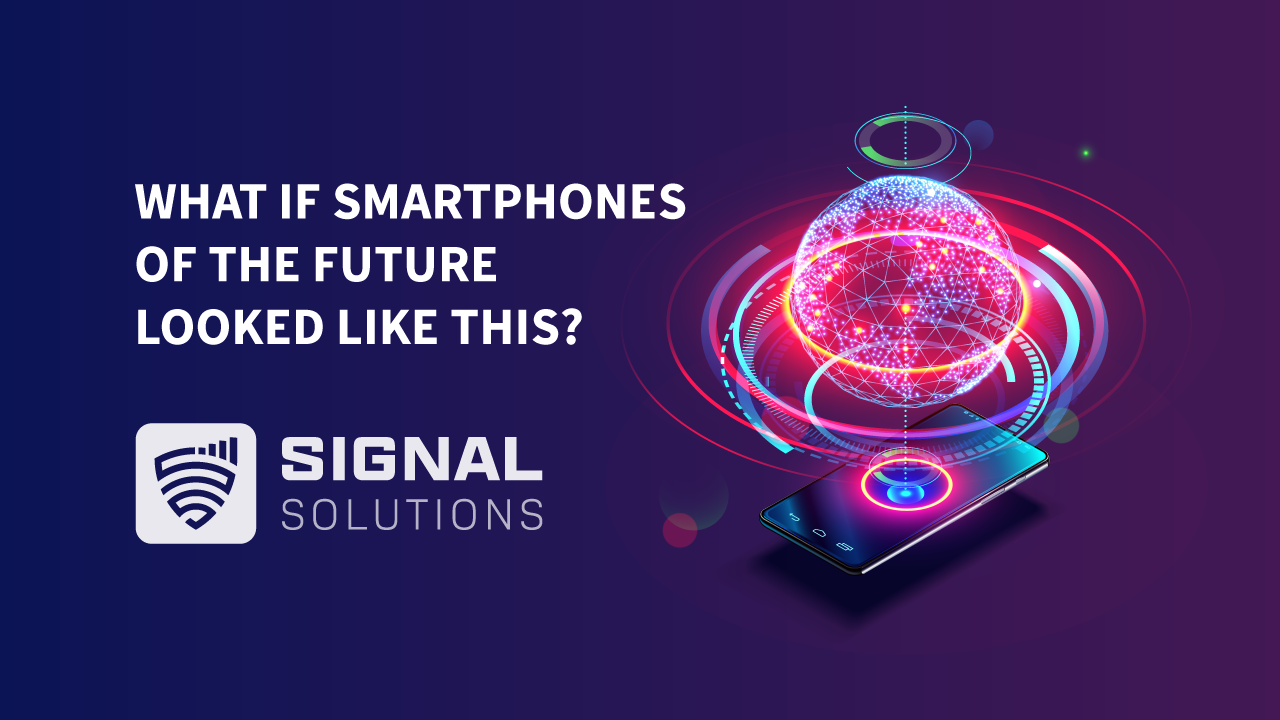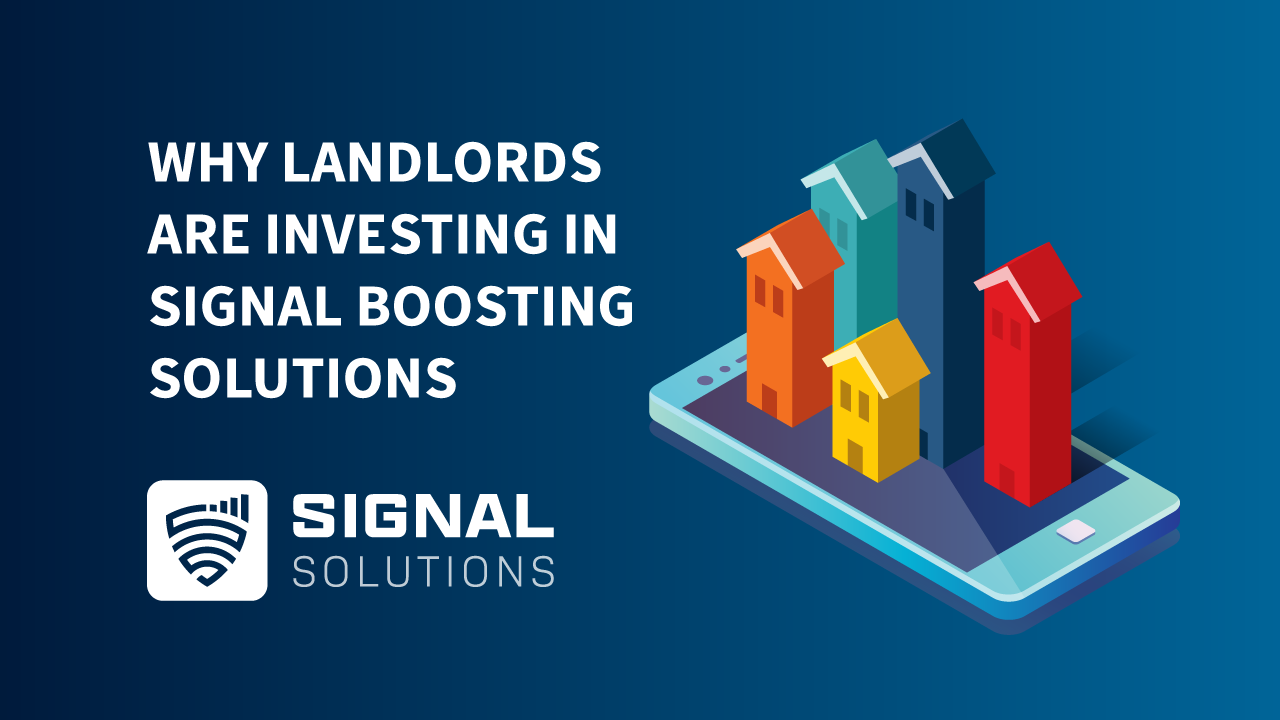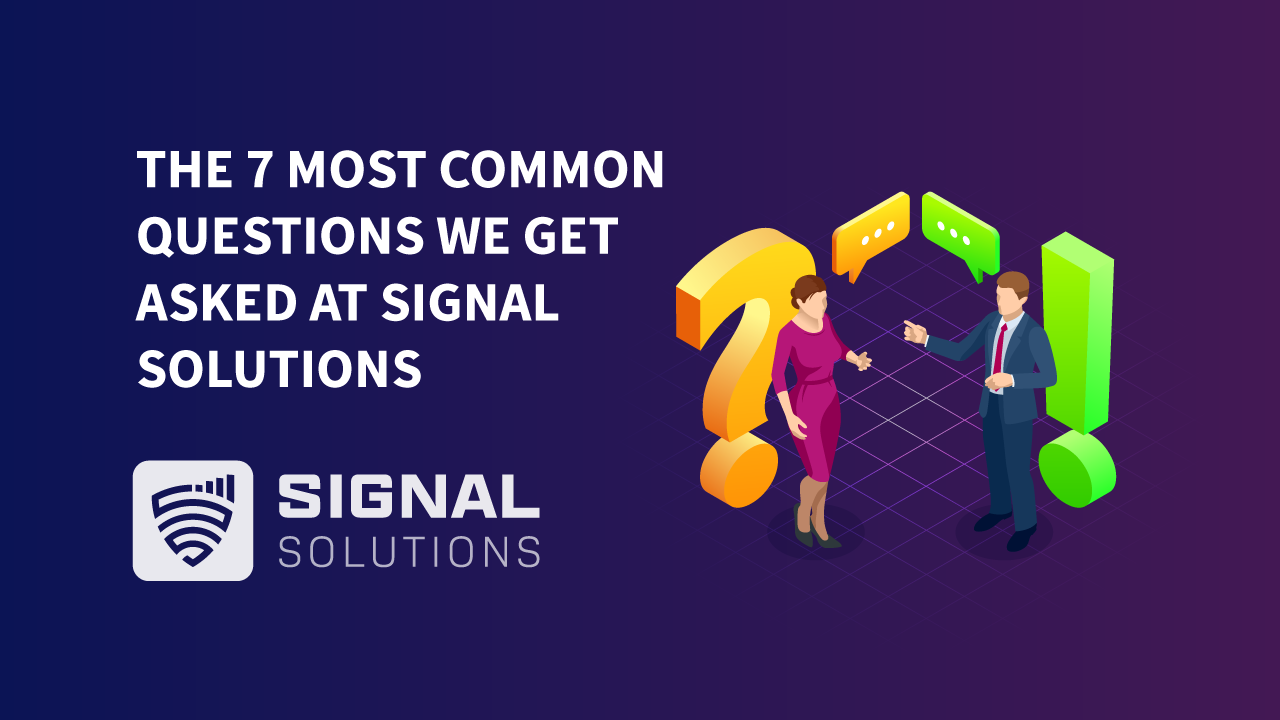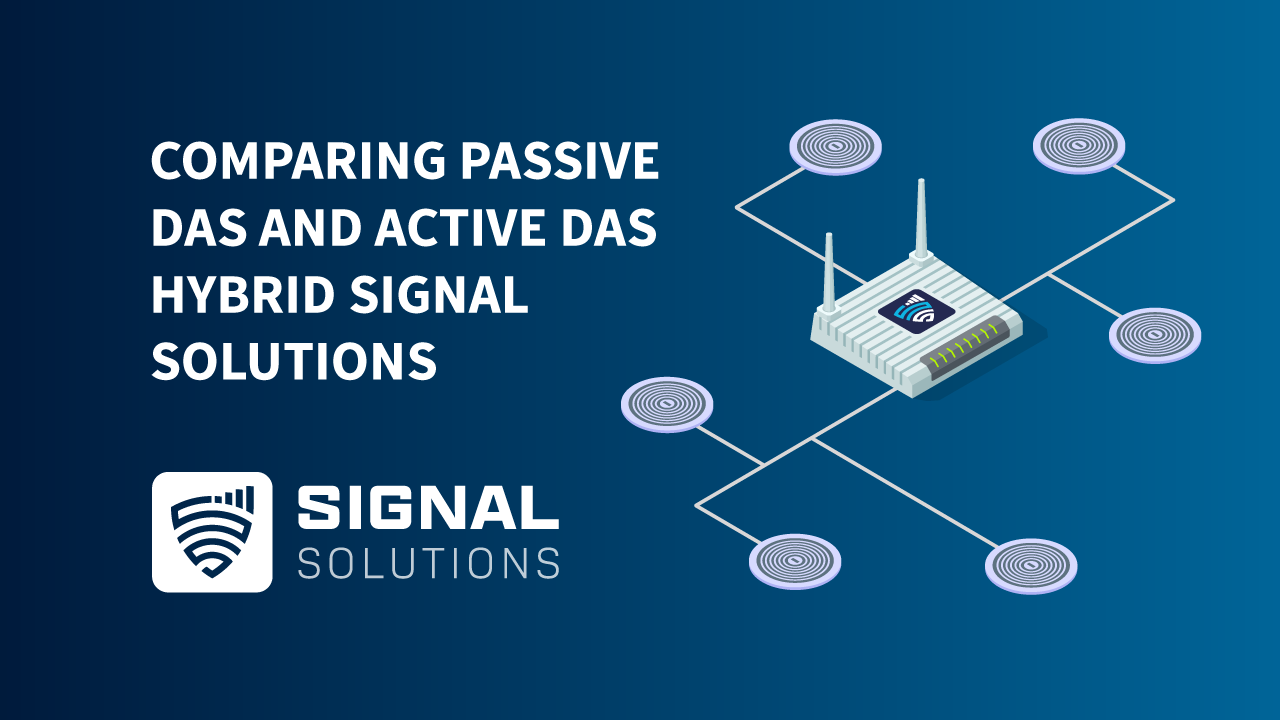The Current State of 3G Networks in the UK
Introduced in the early 2000s, 3G networks facilitated a significant leap in mobile connectivity, enabling faster data transfer rates and supporting advanced features such as video calling and mobile internet access. However, the advent of 4G and 5G technologies has rendered 3G networks increasingly obsolete. These newer networks boast exponentially faster speeds and greater capacity, catering to the growing demand for data-intensive applications and services.
The major UK mobile networks – EE, Vodafone, O2, and Three – are all actively transitioning away from 3G in favour of the more advanced 4G and 5G technologies. Despite the rapid decline in 3G users, the networks still provide coverage to certain rural and remote areas where 4G or 5G is yet to be deployed. However, this coverage is expected to shrink in the coming years as network providers shift their focus and resources towards their more advanced networks.

The Timeline for Switching Off 3G
EE 3G Switch-Off Timeline
Vodafone 3G Switch-Off Timeline
Vodafone has also set a 2023 target to decommission its 3G network, intending to utilise the released spectrum for 5G expansion.
O2 3G Switch-Off Timeline
O2 has been less specific about its timeline but has indicated a similar timeframe, aiming to cease its 3G services within the early 2020s.
Three 3G Switch-Off Timeline
Three has not yet provided a definitive timeline for the retirement of its 3G network, but it’s anticipated to follow suit with the other major networks.
The Reasons Behind the Switch-Off
Improved Network Efficiency: By reallocating the spectrum currently used for 3G, network operators can enhance their 4G and 5G coverage, providing faster and more reliable services to their customers.
Cost Savings: Maintaining multiple generations of networks is expensive and resource-intensive. By decommissioning 3G networks, operators can reduce operational costs and focus on the development and maintenance of their more advanced networks.
Consumer Demand: As customers increasingly rely on data-intensive applications and streaming services, there is a growing preference for the superior speeds and capacities offered by 4G and 5G networks.
Technological Progression: As the world marches towards greater connectivity and technological advancement, the retirement of 3G networks is a natural step in the progression of the telecommunications industry.
Conclusion: An Essential Step Forward
The twilight of 3G networks in the UK is a testament to the rapid technological advancements in the mobile communications sector. As 4G and 5G networks continue to expand their reach, consumers can look forward to faster, more reliable connectivity that meets the demands of our increasingly data-driven world. While the switch-off of 3G networks may evoke a sense of nostalgia for some, it is an essential step forward in the evolution of the telecommunications industry. This transition will not only provide consumers with enhanced mobile experiences but also pave the way for innovations in smart cities, autonomous vehicles, and the Internet of Things (IoT).
It is crucial for consumers and businesses alike to stay informed and prepared for this upcoming change. As the switch-off of 3G networks draws nearer, users should consider upgrading their devices to those compatible with 4G or 5G networks to avoid potential disruptions in service. Furthermore, businesses should evaluate their current infrastructure and services that rely on 3G connectivity, and begin planning for a smooth migration to newer, more advanced networks.
Ultimately, the retirement of 3G networks in the UK symbolises a turning point in the digital landscape, marking the end of an era and heralding the dawn of a new age of advanced wireless connectivity. As we bid farewell to the 3G networks that once transformed our lives, we look forward to the exciting possibilities that 4G and 5G technologies will bring, empowering individuals, businesses, and society as a whole.


















